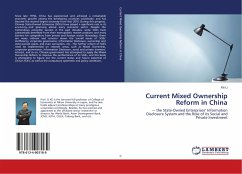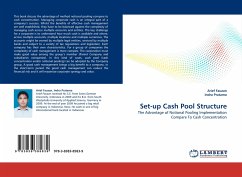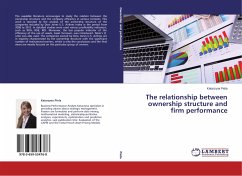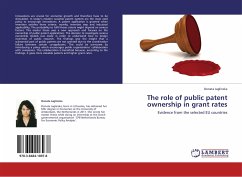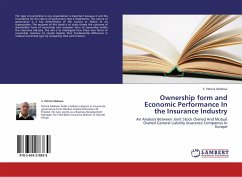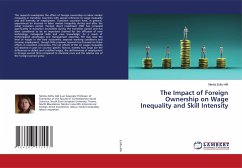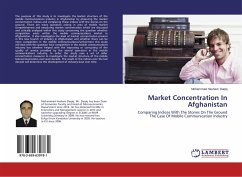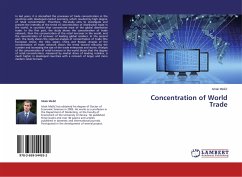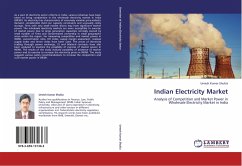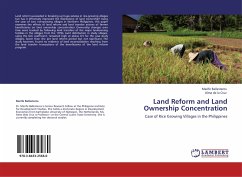
Land Reform and Land Ownership Concentration
Case of Rice Growing Villages in the Philippines
Versandkostenfrei!
Versandfertig in 6-10 Tagen
32,99 €
inkl. MwSt.

PAYBACK Punkte
16 °P sammeln!
Land reform succeeded in breaking up huge estates in rice-growing villages but has it effectively improved the distribution of land ownership? Using the case of two rice-growing villages in Northern Philippines, this paper examines the effects of land reform and land transfer actions of farmer beneficiaries on land ownership concentration. Ownership changes over time were tracked by following land transfers of the major landowning families in the villages from the 1970s. Land distribution in study villages, using the Gini coefficient, remained high at above 0.5 for the case study villages, low...
Land reform succeeded in breaking up huge estates in rice-growing villages but has it effectively improved the distribution of land ownership? Using the case of two rice-growing villages in Northern Philippines, this paper examines the effects of land reform and land transfer actions of farmer beneficiaries on land ownership concentration. Ownership changes over time were tracked by following land transfers of the major landowning families in the villages from the 1970s. Land distribution in study villages, using the Gini coefficient, remained high at above 0.5 for the case study villages, lower than the pre land reform period but not significant. The study however, found no evidence of land reconsolidation resulting from the land transfer transactions of the beneficiaries of the land reform program.



